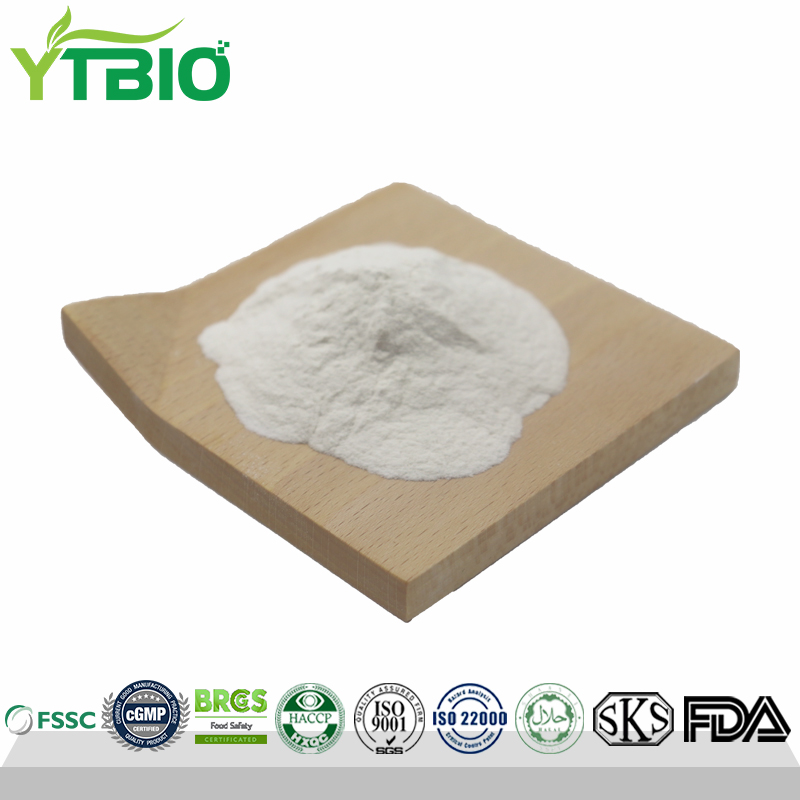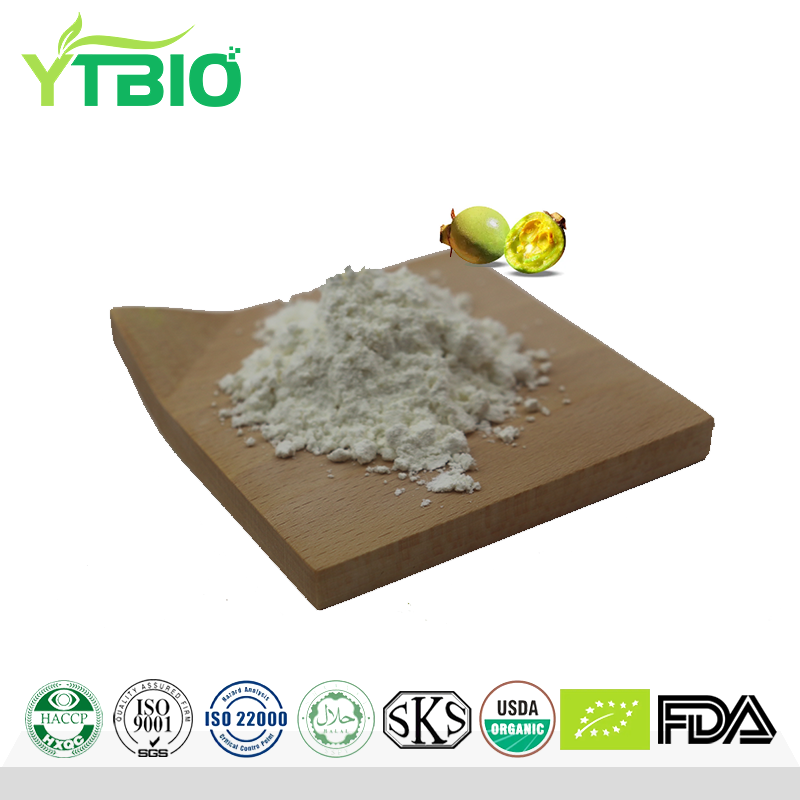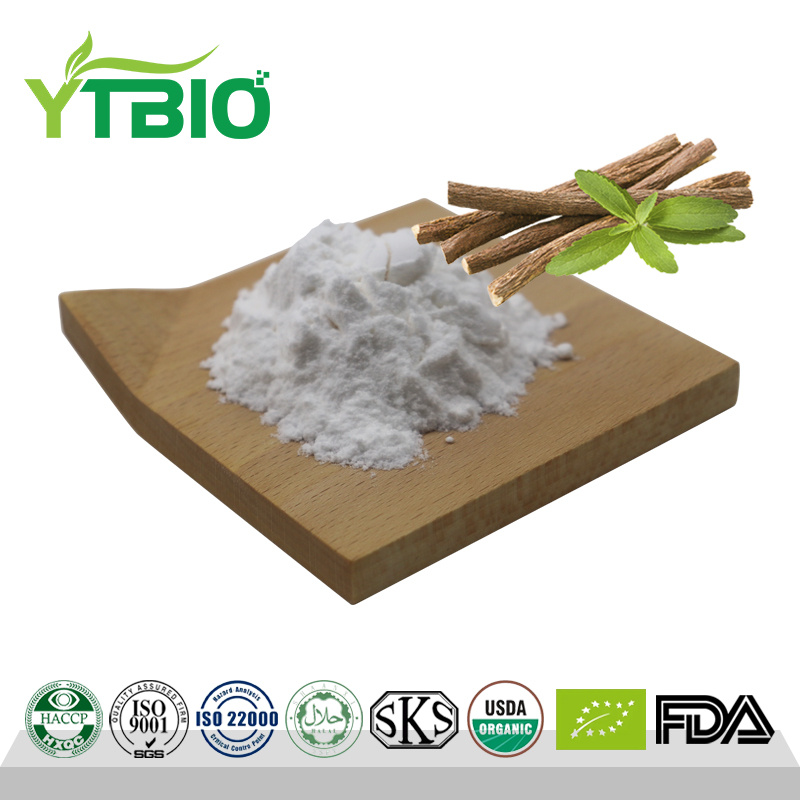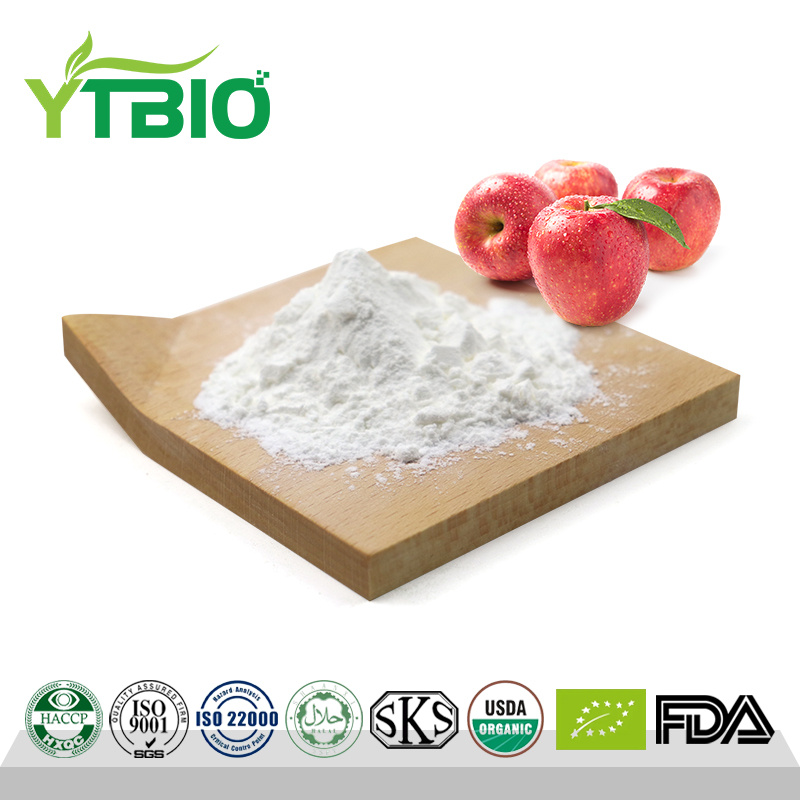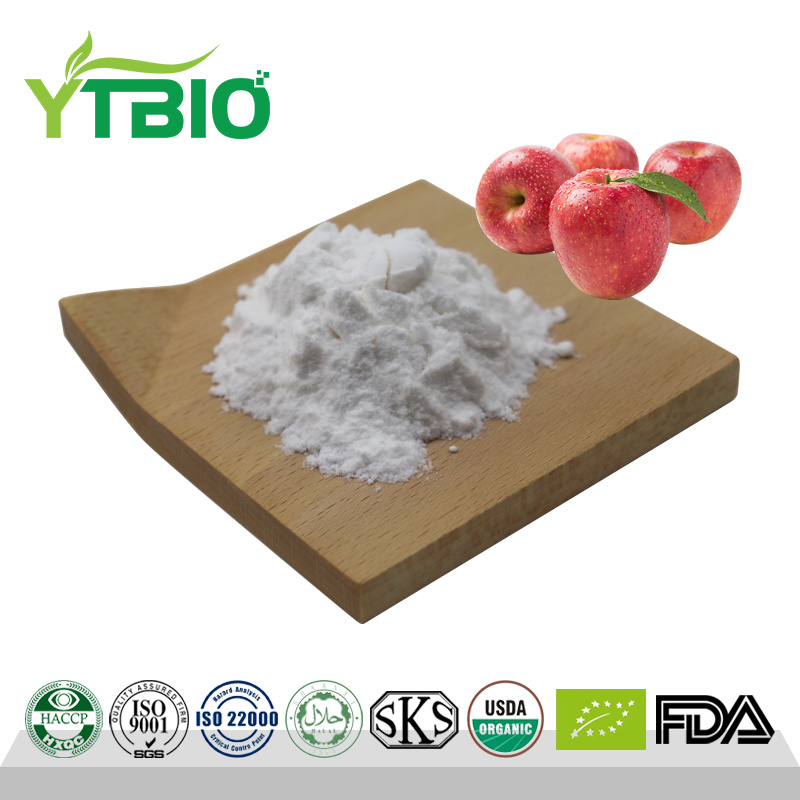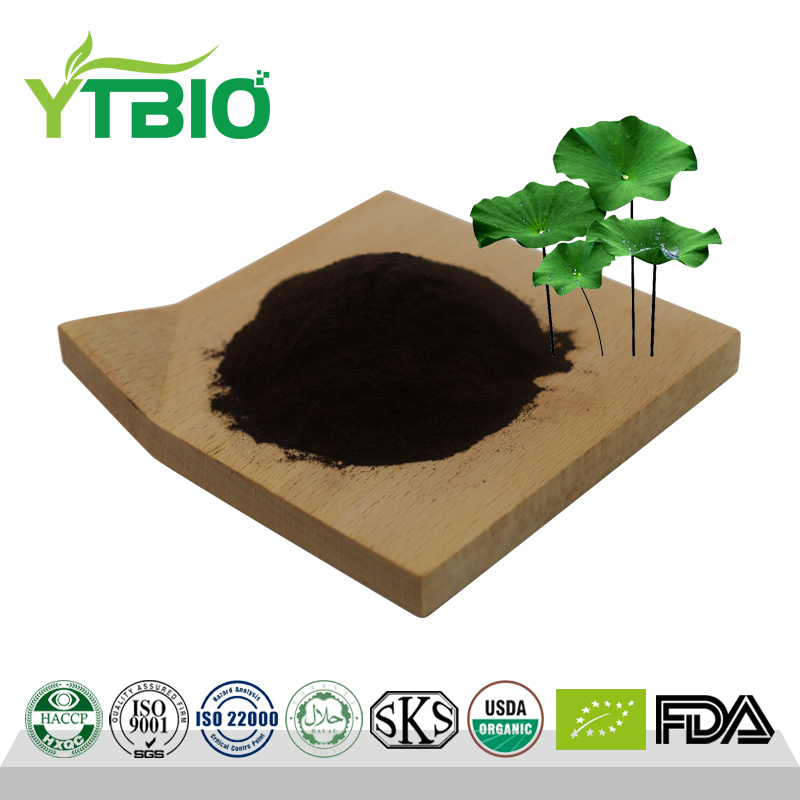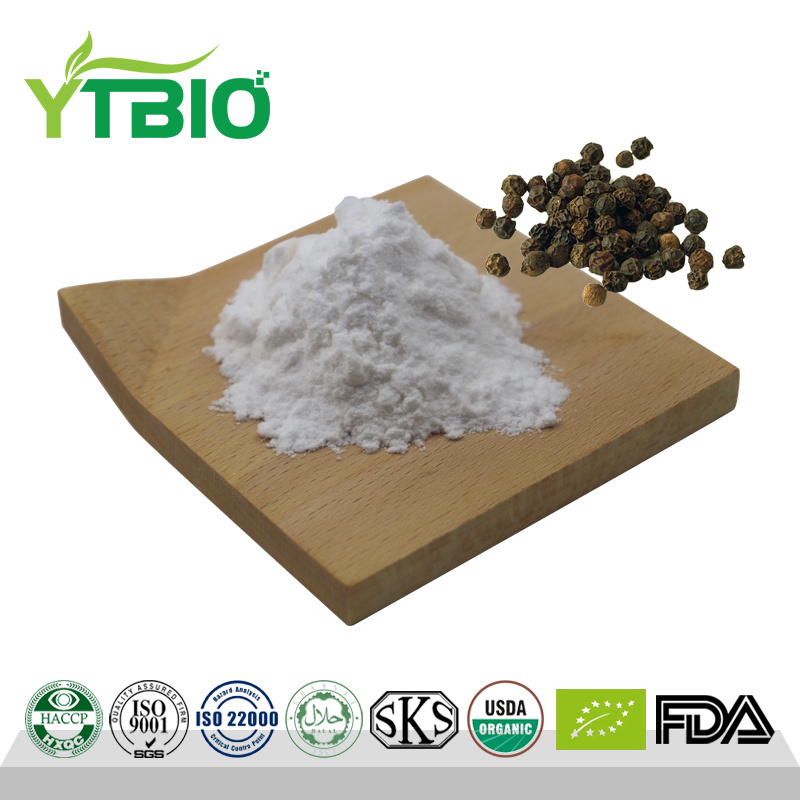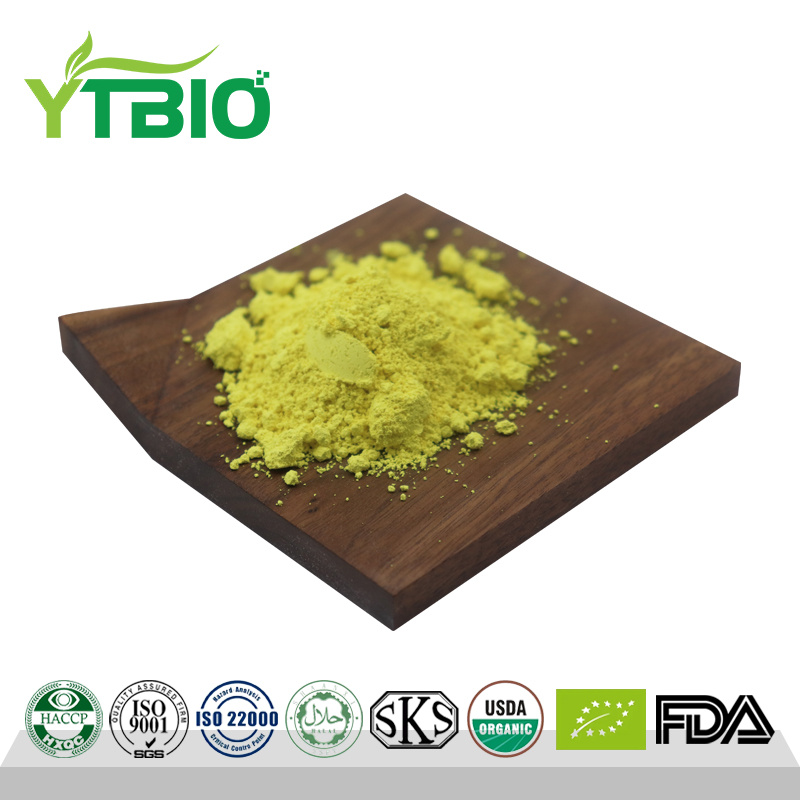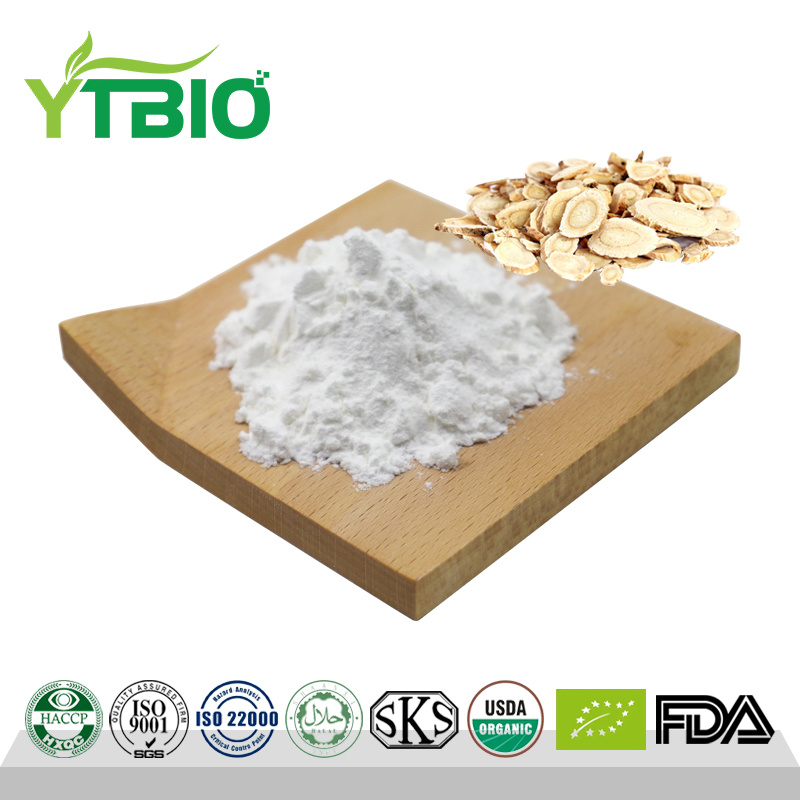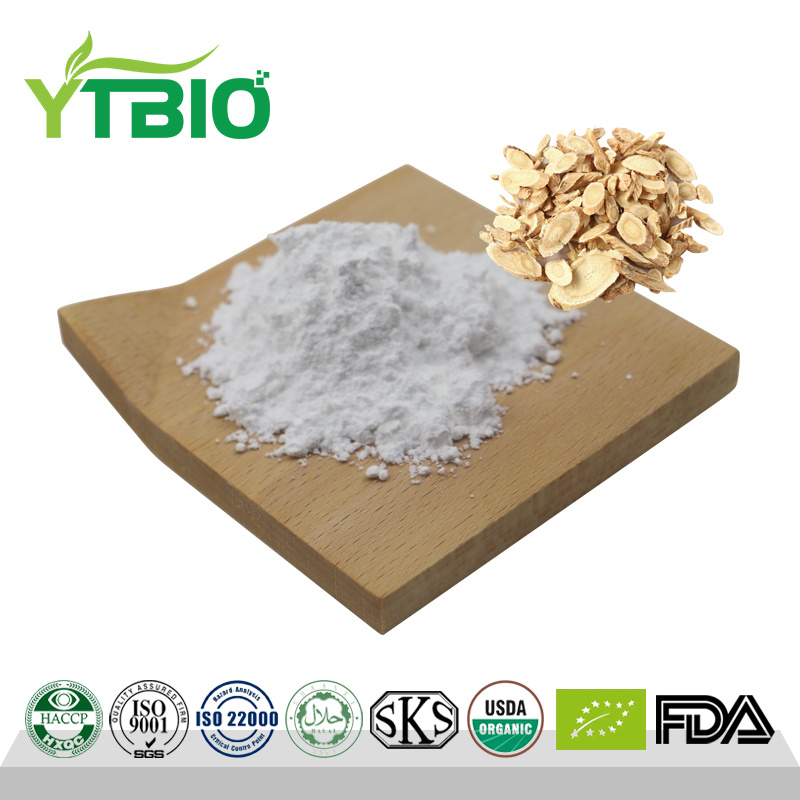Ascorbic Acid Vitamin C 98% Powder
Overview
Vitamin C, also known as L-ascorbic acid, is an essential nutrient for higher primates and a few other organisms. Humans cannot synthesize vitamin C on their own and must obtain it through diet. A deficiency in vitamin C can lead to scurvy. The active component of vitamin C is the ascorbate ion, which functions as an antioxidant and coenzyme in the body, protecting against oxidative damage and participating in various biochemical reactions.
Functions and Characteristics
Vitamin C is a water-soluble vitamin that plays a key role in redox processes, contributing to cellular respiration and bio-oxidation. Its primary function is related to the synthesis of intercellular substances, and it helps protect cells from free radical damage while boosting immunity.
Foods rich in vitamin C include lemons, kiwis, citrus fruits, guavas, green peppers, spinach, strawberries, and tomatoes. However, vitamin C is highly unstable and can be easily destroyed during storage, processing, and cooking, as well as through oxidation.
Properties
Vitamin C is easily soluble in water, slightly soluble in ethanol, and insoluble in ether, chloroform, benzene, petroleum ether, oils, and fats. Its aqueous solution is acidic, and it easily oxidizes to dehydroascorbic acid in the air, having a citric acid-like sour taste. As a strong reducing agent, vitamin C gradually turns into a pale yellow color after prolonged storage.
Vitamin C is widely found in various fresh vegetables and fruits. It plays a crucial role in biological redox reactions and cellular respiration, helps in nucleic acid synthesis, and promotes red blood cell production. Additionally, vitamin C can reduce Fe³⁺ to Fe²⁺, thus enhancing iron absorption and supporting cell generation.
Functions
Antioxidant Effect
Vitamin C is a potent antioxidant, capable of directly reacting with oxidants to exert its antioxidative effects.
As a Substrate for Hydroxylation and a Coenzyme
Vitamin C deficiency affects collagen synthesis, leading to delayed wound healing and increased capillary wall fragility, which can result in varying degrees of bleeding.
Improves the Utilization of Iron, Calcium, and Folic Acid
● Enhances iron absorption in the intestines, aiding in the treatment of iron-deficiency anemia.
● Promotes calcium absorption, preventing the formation and precipitation of insoluble calcium complexes.
● Reduces folic acid to its active form, preventing megaloblastic anemia.
Promotes Steroid Metabolism
Vitamin C is involved in the hydroxylation of steroids, reducing serum cholesterol and preventing atherosclerosis.
Free Radical Scavenging
As an important free radical scavenger, vitamin C has anti-aging effects.
Involved in Neurotransmitter Synthesis
Vitamin C deficiency can impair neurotransmitter formation.
Other Effects
Vitamin C boosts the immune system and has some detoxifying effects on toxins like mercury, lead, arsenic, and benzene.
Food Applications
Vitamin C is widely used in food products in China, with the following specific usage amounts:
● Fortified Hard Candies: 2000–6000 mg/kg
● Iron-fortified Cereals and Their Products (limit of 50g per day): 800–1000 mg/kg
● Fortified Baby Food: 300–500 mg/kg
● Fortified Canned Fruit: 200–400 mg/kg
● Fortified Beverages and Dairy Drinks: 120–240 mg/kg
● Fortified Fruit Puree: 50–100 mg/kg
In addition, due to its strong reducing properties, vitamin C can also be used as an antioxidant.

Pharmaceutical Applications
As a vitamin-based drug, vitamin C participates in oxidation-reduction processes in the body, helps reduce capillary fragility, and boosts immune function. It is primarily used in the treatment of vitamin C deficiency, fever, and chronic wasting diseases.


